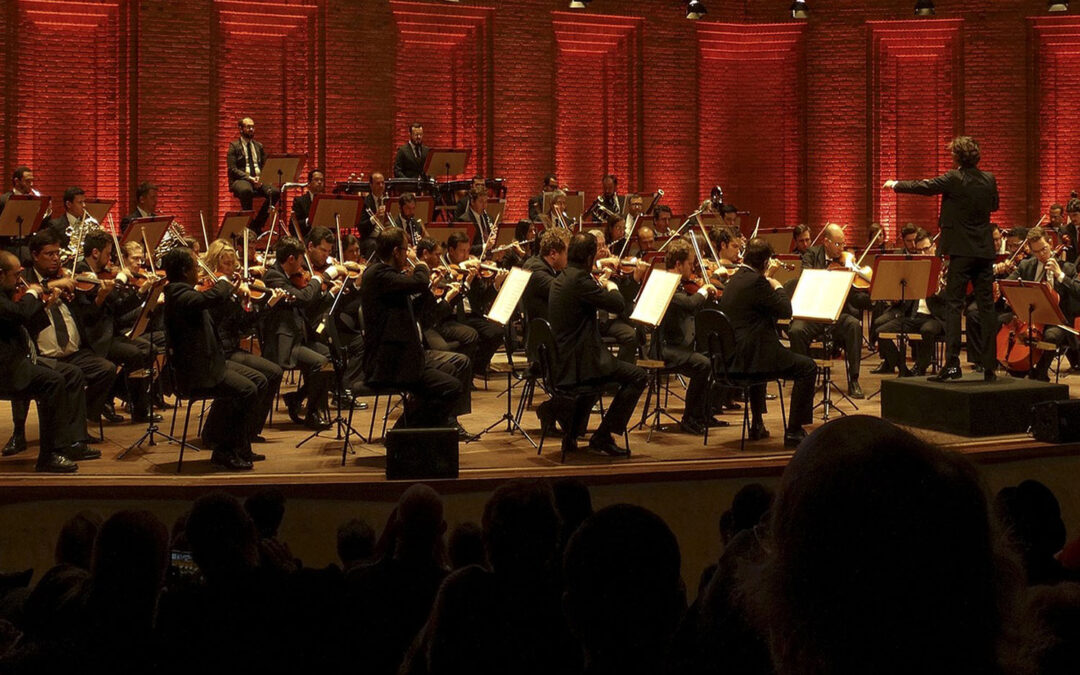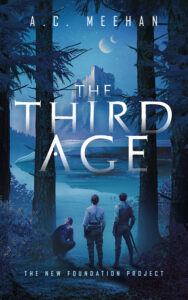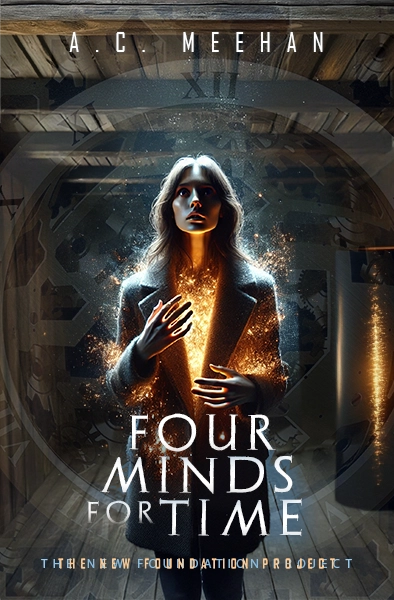This whole AI thing has me spinning out. I know I’m not the only one, and I don’t really have anything to add to the debate over pros and cons. I am trying desperately to make my peace with it, because it’s happening whether I consent or not and regardless of my opinion. (Like aging, but that’s a different conversation.)
I acknowledge that generative AI can be an incredible tool, and suspect that in my professional life I’m going to have to learn to use it. (I was hoping to retire before something like this happened, but alas, no.) And okay, if I never had to write another org announcement, I would not really mourn. The grief strikes when I let myself think about the downstream consequences that my imagination very quickly finds. I fear that we are blithely creating a way to completely obviate independent thought—and it’s in short supply already.
This was rolling around in my head during a symphony concert last weekend. The music was perfect and I was moved to tears more than once, and (as usual) this led me to think about the miracle of music. I marvel that a composer can hear the intricacies of a symphony with the inner ear and somehow get it into shareable form. Then groups of people come together, each playing one part of it in a unique, individual way. What moves me is the idea of all these different people deriving such purpose and joy from being part of creating the magnificent, ephemeral whole. We have to understand the context for the second bassoon’s part (for instance) to reveal its beauty. Generative AI is like an inversion of this process. It takes all the parts—all the efforts of individual human minds—out of context and passionlessly mixes and remixes the components until something coherent emerges. It’s the difference between being in a garden and arranging cut flowers.
It feels like we’re in danger of being overcome by our own technology. We (meaning humanity) keep doing this. We never seem to think through all the ways a new technology will change our human experience before opening the floodgates. Writing pushed aside the oral tradition, and suddenly the audience was fragmented. Cars took over from horses, and our understanding of distance was changed forever. Recordings changed our relationship with music from community participation to expert performance. Email obviated letters, and now we don’t teach cursive writing. We don’t really even need to know much of anything, because all the information in the world is just a search term away. In certain grieving moods, I can get hung up on the things that have been deprecated—in part because a lot of those things are old forms that I personally find meaningful.
And now we’ve really done it. Now we’ve come up with a technology that means we don’t even have to put our own thoughts together to draw conclusions. How can that possibly be good for us? What does it mean to be human if we don’t use any of the abilities we’ve been given?
I’ve been thinking about all this and trying to find some way to turn down my angst. Oddly, it was the sight of people working out that helped me find some hope at the bottom of Pandora’s box. Some of them were really straining to do things that have no extrinsic purpose. On the treadmill, there’s no destination. But people do this anyway. Even though we have created thousands of ways to avoid physical exertion, people choose to use their bodies’ power. We know that exercise is important for health and happiness.
Mental activity is equally vital for our well-being. So it occurred to me that even if AI gives us a way to avoid the hard work of thinking and creating, it doesn’t mean we will all stop. We all do a lot of things “the hard way” that could be done some other way. It may just mean that in a few years, thinking will just be one more eccentric hobby. That paragraph at the end of an org announcement (written by AI) can say: In her free time, she enjoys spending time outside, writing fiction, learning languages for no reason, and thinking. Or maybe it’ll be a health fad: talk to your (AI) doctor to see if thinking is right for you. Either way, I believe that there will always be individuals who want to do their own thinking. I hope I’m always one of them.




